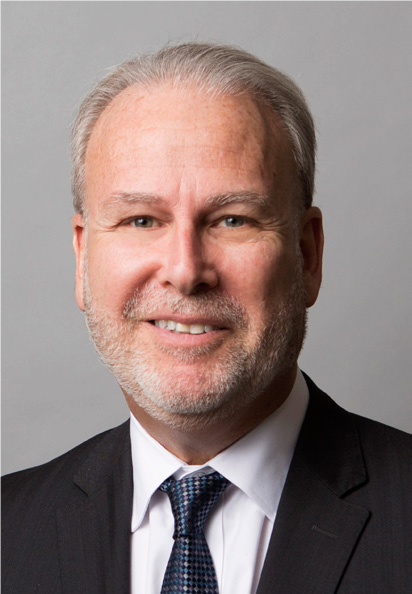 Dr. William Reichman
Dr. William Reichman
Today, more than 500,000 Canadians live with dementia – a number that is expected to nearly double over the next 15 years. Globally, a new case of dementia is diagnosed every three seconds. Many forms of dementia, including Alzheimer’s disease, do not have a cure. While the facts surrounding dementia seem bleak, there is hope.
More than ever, there is a growing understanding that in order to face this public health crisis head-on we must have a targeted focus in research, care, treatment and education. Below are some of the important steps being taken to help change the future of aging and brain health in Canada.
Canada’s National Dementia Strategy
On June 22, 2017, Canada committed to creating a national dementia strategy through the passing of Bill C233: An Act respecting a national strategy for Alzheimer’s disease and other dementias. Spearheaded by the Ministry of Health, the National Dementia Strategy is anticipated to be delivered in 2019. This transformative document will address research, support and local management of dementia for those living with the disease and their caregivers, through the creation of necessary health infrastructure and supports they need.
It will “allow us to dream big for a future where innovative solutions will provide the best care and where [dementia] diagnosis will not be met with fear, but with hope.”
The strategy is informed by the input of the Ministerial Advisory Board on Dementia. The board is comprised of a diverse group of individuals who are either living with dementia, caregivers, researchers, part of advocacy groups or healthcare professionals. Dr. William Reichman, Baycrest’s President and CEO, is its co-chair. “I am proud to share that the board is making great progress in developing a strategy that will address the needs of Canadians, today and into the future,” remarked Dr. Reichman.
At the National Dementia Conference held in Ottawa in May 2018, Minister of Health, the Honourable Ginette Petitpas Taylor, noted in her closing remarks that the dementia strategy is one of the powerful tools at Canada’s disposal that will “allow us to dream big for a future where innovative solutions will provide the best care and where [dementia] diagnosis will not be met with fear, but with hope.”
THE ROLE OF TECHNOLOGY & INNOVATION
Another important area that will impact how Canadians assert more control over brain health is through technology and innovation. This sector will play a crucial role in finding solutions for how we understand and treat dementia. Creating, developing and testing products and services that focus on detection, care and treatment for dementia provides hope for a better quality of life for individuals and their caregivers.

Many products and services are already available to the public to help support families and individuals to better cope with dementia. These include innovations like the Dementia Talk app, which provides caregivers with the support they need by helping them track behaviours and develop care plans. Other promising and impactful technologies are: Linked Senior, a digital platform that helps recreation staff in long-term care facilities engage residents in meaningful activities; and Active Seniors, a website created to provide high-quality therapeutic recreation and creative arts activities through videos and online resources.
These solutions are being brought to life with help from the Baycrest-led Centre for Aging + Brain Health Innovation (CABHI). Established in 2015 through the largest brain health investment in Canadian history - a total of $124 million jointly from the Government of Canada, the province of Ontario and the Baycrest Foundation - CABHI helps both local and global innovators gain access to key user groups in order to test, develop, validate and accelerate their aging and brain health solutions. And this is only the beginning.
In the coming months and years, Canadians will continue to feel the impact of the technological, medical and scientific advancements that are being developed today by researchers, inventors and doctors dedicating their work to the fight against dementia.
For information visit
baycrest.org.